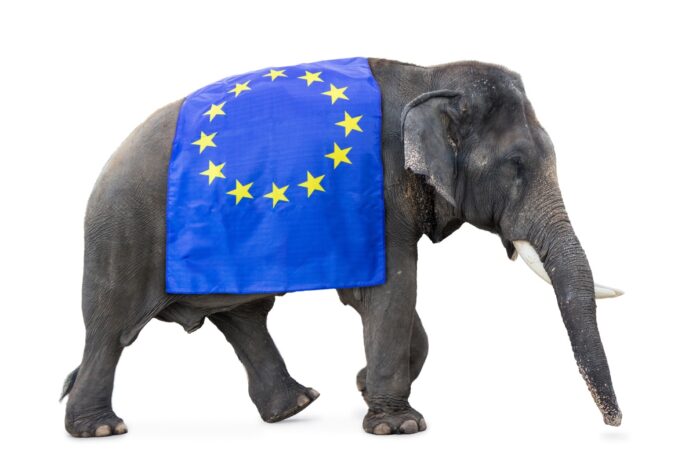Allegedly, Alliance for Open Media is nothing of the sort
EU antitrust regulators are investigating the video licensing policy of the Alliance for Open Media (AOM), whose members include Alphabet unit Google, Amazon, Apple and Meta, the European Commission disclosed on Thursday. The investigation is the latest to hit the tech industry, which will be subject to tough new rules in Europe next year that could force companies to change their core business models and do more to tackle illegal content on their platforms.
“The Commission confirms that it has a preliminary investigation ongoing into AOM’s licensing policy,” a spokesperson for the EU executive told Reuters. “The fact that the Commission has a preliminary investigation does not prejudge the outcome of the investigation on the existence of an infringement,” the spokesperson said, without providing further details.
Founded in 2015, the AOM group aims to create a new standard software for streaming higher-quality 4K video on browsers, devices, apps, and gaming, known as AV1. While the AV1 software is not yet adopted widely, Netflix and YouTube have started using it for some customers, and browsers such as Google Chrome and Firefox have started to support the new format. Apple and Google did not immediately respond to an emailed request for comment. Meta and Amazon declined to comment. Microsoft, Netflix, Broadcom, Cisco and Tencent, who are also AOM members.
Intel, Huawei, Mozilla, Samsung and Nvidia are also AOM members, according to its website. In a questionnaire sent to some companies earlier this year and seen by Reuters, the EU watchdog said it was investigating alleged anti-competitive behaviour related to the license terms of AV1 by AOM and its members in Europe. “The Commission has information that AOM and its members may be imposing licensing terms (mandatory royalty-free cross licensing) on innovators that were not a part of AOM at the time of the creation of the AV1 technical, but whose patents are deemed essential to (its) technical specifications,” the paper said.
It said this action may be restricting the innovators’ ability to compete with the AV1 technical specification, and also eliminate incentives for them to innovate. The questionnaire also asked about the impact of an AOM patent license clause in which licensees would have their patent licenses terminated immediately if they launched patent lawsuits asserting that implementation infringes their claims. Companies risk fines of up to 10% of their global turnover for breaching EU antitrust rules.



